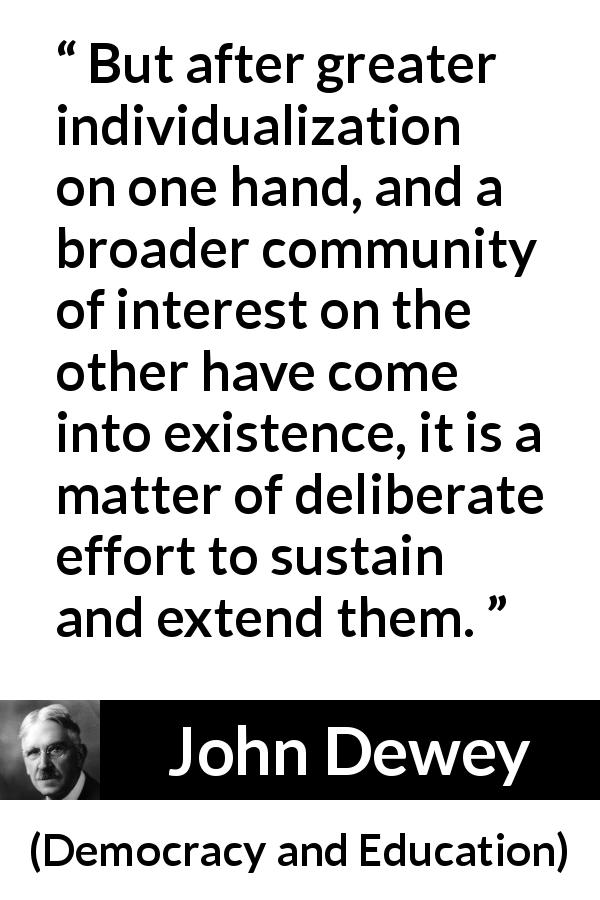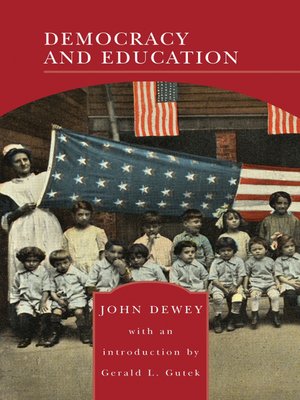


But democracy is more than politics and requires more than knowledge of political practices and institutions. Other books focus on civics, defined as a basic understanding of the workings of political institutions. But equal opportunity and good jobs alone do not a democracy make. Some focus on science, technology, engineering, and math instruction (STEM), arguing that these hold the key to equal opportunity and good jobs. Recent books on democratic educational reform separate the civic side of education from the academic side. While nations, as both instruments and proximal objects of care, have an important role to play in this renewal, the ultimate aim is the care and cultivation of a democratic culture. The outcome of this reform is a new kind of patriot, one who serves as a custodian of democracy, such that commitment and competence, heart and mind, love and intellect are brought together for the sake of democratic practice and moral renewal. These two aspects of caring call for curriculum-wide reform-from the arts and humanities to science and math. This vision is guided by the idea that “the most important office in a democracy is citizen.” I argue that citizenship education should provide students with the dispositions and skills needed to exercise that office judiciously and responsibly as both patriot who care about democracy, and custodian who care for democracy. Educating for Democracy provides a vision for preparing students to become active, competent citizens able to assume the responsibilities of democratic participation.


 0 kommentar(er)
0 kommentar(er)
